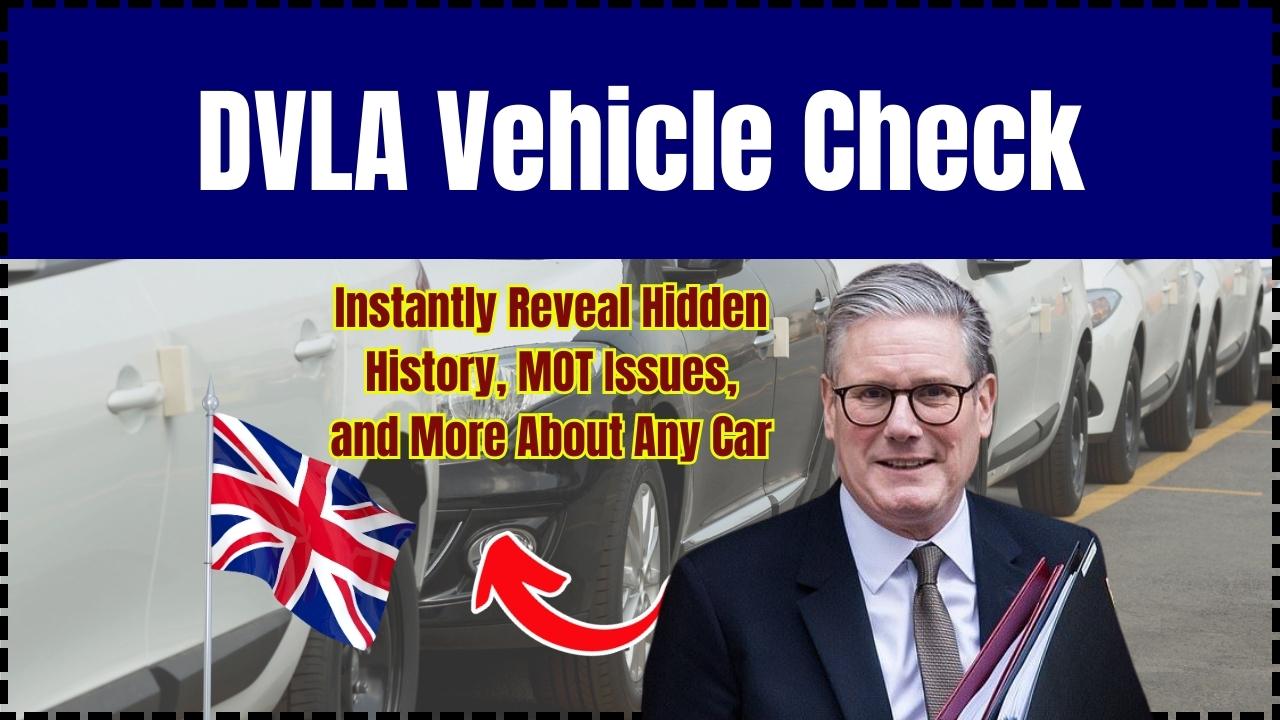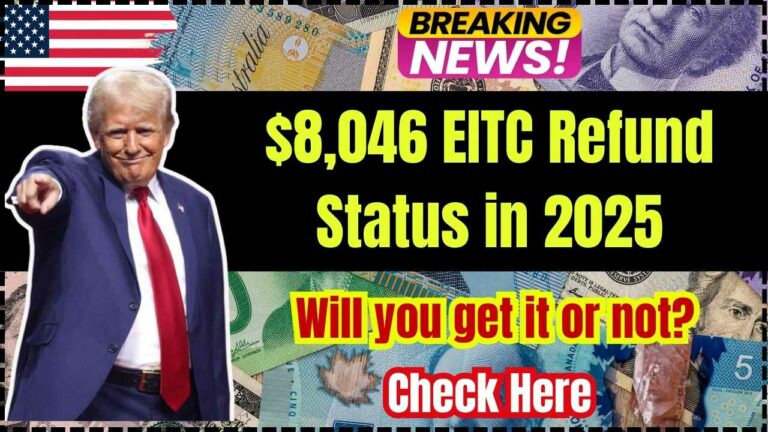Buying a used car in the UK is a big financial decision—but it’s also a potential risk if you don’t check the vehicle’s background thoroughly. Whether purchasing from a private seller or a dealership, the DVLA vehicle check is your first and most important step toward making a smart, informed choice.
This free service, provided by the Driver and Vehicle Licensing Agency (DVLA), offers critical information about any UK-registered vehicle. From MOT history to tax status and even potential red flags like cloned plates or write-offs, a simple registration number can uncover a vehicle’s past—and help you avoid buying a problem disguised as a bargain.
In this comprehensive guide, we’ll explain exactly what a DVLA check reveals, how to access it, why MOT history matters, what additional paid checks can offer, and how to avoid getting scammed when buying a car.
What is a DVLA Vehicle Check?
A DVLA vehicle check is a government-provided, free online service that allows anyone to look up vital details about any car registered in the UK using just the registration number (number plate). The data you’ll receive includes:
-
Vehicle make and model
-
Fuel type and engine size
-
Colour and CO₂ emissions
-
MOT status and expiry
-
Tax status and expiry
-
Date of first registration
-
Whether the vehicle is SORN (Statutory Off Road Notification)
-
V5C (logbook) issue date
By verifying this data, you can catch any discrepancies between what the seller claims and what’s officially recorded, helping you avoid fraud, stolen vehicles, or unsafe cars.
Why You Should Always Check MOT History
Beyond the basic vehicle details, checking a car’s MOT history is essential for understanding its condition. MOT tests assess the vehicle’s safety and emissions, and since 2005, all UK test results are stored publicly on the GOV.UK website.
Key things you’ll learn from an MOT history check:
-
Mileage records at the time of each test, helping identify odometer fraud
-
Reasons for any test failures, revealing past mechanical issues
-
Advisory notes, which may hint at problems that will soon require repairs
-
Consistency over time, giving insight into how well the car has been maintained
A car with regular, clean MOTs and consistent mileage is typically better cared for and poses fewer risks.
How to Perform a DVLA Vehicle Check: Step-by-Step
Here’s how to get a free DVLA check on any UK-registered vehicle:
-
Visit the Official DVLA Vehicle Check Website
Go to: https://www.gov.uk/get-vehicle-information-from-dvla -
Enter the Registration Number
Input the license plate (number plate) of the car you’re interested in. -
Review Basic Vehicle Info
Verify that the car’s make, model, colour, and fuel type match what’s being advertised. -
Check MOT History
Go to: https://www.gov.uk/check-mot-history
Review past MOT results, failure reasons, advisories, and mileage readings. -
Optional: Invest in a Paid Vehicle History Check
While DVLA data is valuable, it doesn’t show everything. For more comprehensive info, you may need a paid service.
What Additional Info Can Paid Checks Provide?
If you’re buying a car that’s worth more than a few thousand pounds, spending £10–£30 on a paid vehicle history check is well worth it. Services like HPI Check, RAC Vehicle Check, and My Car Check go deeper by revealing:
-
Outstanding finance (which means the lender still legally owns the car)
-
Write-off status (has the car been involved in a major accident?)
-
Theft status (is the car reported stolen?)
-
Number plate changes (used to mask the car’s history)
-
Scrapped or exported vehicles
-
Number of previous owners
These checks can prevent you from buying a car that could later be repossessed, cause legal trouble, or prove unreliable.
What Hidden Issues Can DVLA and Paid Checks Reveal?
Here are a few common red flags uncovered through proper vehicle checks:
-
Cloned Vehicles: Criminals may duplicate the identity of a legitimate car onto a stolen one. DVLA checks help verify key details like colour, make, and VIN.
-
Mileage Fraud: Comparing MOT mileage records reveals whether odometer readings were rolled back.
-
Outstanding Loans: A car with outstanding finance can be repossessed by the lender, even if you’re the new buyer.
-
Illegal Imports: Some imported vehicles may not meet UK safety standards. Always confirm registration and MOT history.
Why Skipping a Check Is Risky
According to the Financial Ombudsman and Action Fraud UK, thousands of people in the UK lose money every year by unknowingly purchasing cars that are:
-
Stolen
-
On finance
-
Written off
-
Incorrectly described
And in most of these cases, the buyers had no legal recourse because they didn’t do their due diligence. If you don’t verify a car’s background, you could end up losing both the vehicle and your money.
Quick Comparison: Free vs Paid Vehicle Checks
| Feature | DVLA Free Check | Paid Vehicle Check (e.g., HPI) |
|---|---|---|
| Make, model, year | ✅ | ✅ |
| MOT history | ✅ | ✅ |
| Tax status | ✅ | ✅ |
| CO₂ emissions | ✅ | ✅ |
| Outstanding finance | ❌ | ✅ |
| Insurance write-offs | ❌ | ✅ |
| Theft status | ❌ | ✅ |
| Plate or VIN changes | ❌ | ✅ |
| Number of previous owners | ❌ | ✅ |
Tips for Buying a Used Car Safely
-
Always view the car in person and inspect the VIN number stamped on the vehicle—it should match the logbook.
-
Ask for the V5C logbook and check that the seller’s name and address match official records.
-
Avoid cash transactions—pay via traceable methods like bank transfer.
-
Take a test drive and consider getting a mechanic to inspect the car.
-
Avoid deals that seem too good to be true—they usually are.
Frequently Asked Questions (FAQs)
Q1: Is the DVLA vehicle check really free?
Yes, it’s 100% free and available to the public on GOV.UK.
Q2: Can I see if a car has outstanding finance for free?
No, this information is only available through paid checks.
Q3: What if a seller refuses to give the registration number?
Walk away. Honest sellers have nothing to hide.
Q4: Can I check how many owners a car has had?
Only through a paid vehicle history report.
Q5: Is it worth doing a paid check for cheap cars?
Yes. Even budget cars can carry risks like write-offs, finance, or theft.
Final Thoughts
The DVLA vehicle check is a powerful free tool that every car buyer in the UK should use before making a purchase. In just a few clicks, it can save you from legal, financial, and mechanical problems.
For extra protection, especially with newer or higher-value vehicles, investing in a paid vehicle history report is strongly recommended. Think of it as a low-cost insurance policy against car-buying nightmares.
Be smart. Be safe. Always check before you buy.









